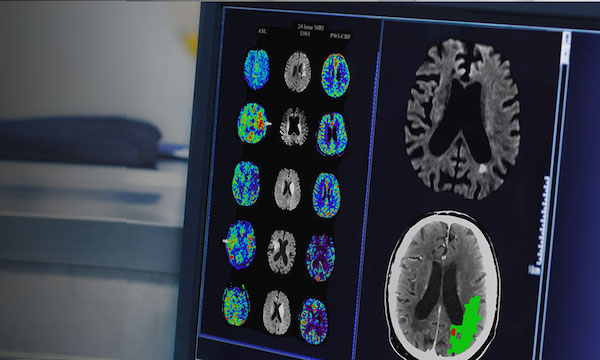
Research
Through our population, laboratory and clinical research we inform an evidence base that enables community members to self-determine their wellness journey; find better ways to prevent and treat disease; and highlight the complex behavioural, social, and economic factors that affect health and wellbeing.
Characterised by multidisciplinary and collaborative research clusters, our College prioritises and invests in research that promotes better, healthier living in local and global communities.
Our purpose-built research facilities provide a platform for collaboration where students and researchers can help drive new discoveries and innovations. Our state-of-the-art laboratories and cutting-edge technology enable us to keep pace with advances in the field of health and medicine.
Our impact
Home to the world’s first virtual reality simulation to train nurses on conflict resolution. Discovering a new way to treat leukemia. Undertaking world-leading research to understand the health implications of smoking in Indigenous communities. And so much more.
Our research is connected to the challenges and opportunities in our regions and beyond. We seek opportunities to partner with communities, government, industry and other institutions to meaningfully apply our research to benefit the health and wellbeing of people.
Supporting our researchers
We understand the importance of supporting research staff in their endeavours to be world leaders in their field. Our Schools and Centres offer a wide range of funding schemes that are tailored each year to meet the changing needs of the research environment. From conference travel grants to equipment funding and assistance with grant writing through our Grant Preparation Scheme, our researchers have access to various programs to help them succeed.
We also administer scholarships and grant schemes on behalf of our generous donors. Launched in 1995, the Gladys M Brawn Fellowship is one example of how philanthropic support contributes to our world-leading research and has attracted outstanding career scientists with international reputations to our University.
Educating the next generation of researchers
Our College offers higher degrees by research (PhD or Masters) across a broad range of biomedical, medical and health specialties – from basic and clinical research to translational and population health research domains.
As a research student with us, you will have access to support from world-leading research academics, cutting-edge facilities and a community of research students who share a keen interest in practice-changing health research. You’ll be among the next generation of researchers, working to transform health care in Australia and across the globe.
Research projects are available under the following disciplines:
- anatomy
- clinical epidemiology and medical statistics
- clinical pharmacology
- experimental pharmacology
- family studies
- general practice
- gerontology and geriatrics
- health economics
- human physiology
- immunology and microbiology
- Indigenous health
- magnetic resonance in medicine
- medical biochemistry
- medical education
- medical genetics
- medical radiation science
- medicine
- midwifery
- nursing
- nutritional biochemistry
- nutrition and dietetics
- occupational therapy
- oral health
- paediatrics and child health
- pharmacy
- physiotherapy
- podiatry
- psychiatry
- public health and behavioural sciences
- reproductive medicine
- surgical science
- trauma science
Research institutes, centres and groups
One of Australia's top 10 research universities, the University of Newcastle is a leader in medical and health science research. As a College, our multidisciplinary research is reflected by our commitment and involvement with many research centres across the University and within a number of specific groups which belong to our Schools.
Our College centres and groups align with the following research themes:
- Cancer
- Immunology and Infectious diseases
- Cardiovascular and respiratory health and disease
- Healthy living and nutrition
- Neuroscience and Mental health
- Pharmaceutical sciences and clinical pharmacology
- Epidemiology, Population health and health service delivery
- Reproductive health
- Rural and remote health
- Critical care and trauma
- Integrated care
Research technologies
- Drug discovery
- Genomics
- Imaging and Radiation therapy
- Stem cell and organoids
University centres
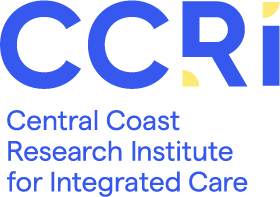
Central Coast Research Institute
The Central Coast Research Institute (CCRI) is a joint venture of the University of Newcastle and Central Coast Local Health District. The CCRI aims to deliver pioneering research relevant to improving the health and wellbeing of the Central Coast community and beyond, focusing on the design, implementation and evaluation of new models of person-centred integrated care.

Centre for Drug Repurposing and Medicines Research
The Centre for Drug Repurposing & Medicines Research is committed to improve quality, safety, efficacy and timelines for bringing the most effective drug therapies to patients.

Centre for Gynaecological Diseases
The Centre for Gynaecological Diseases is a world-leading research centre focused on improving the gynaecological health of women and aims to pioneer a personalised approach to the prevention, detection, and treatment of gynaecological diseases.

Centre for Prevention, Implementation and Population Health
Centre for Prevention, Implementation and Population Health uses intervention and service delivery to promote healthy behaviours and good quality healthcare across communities.
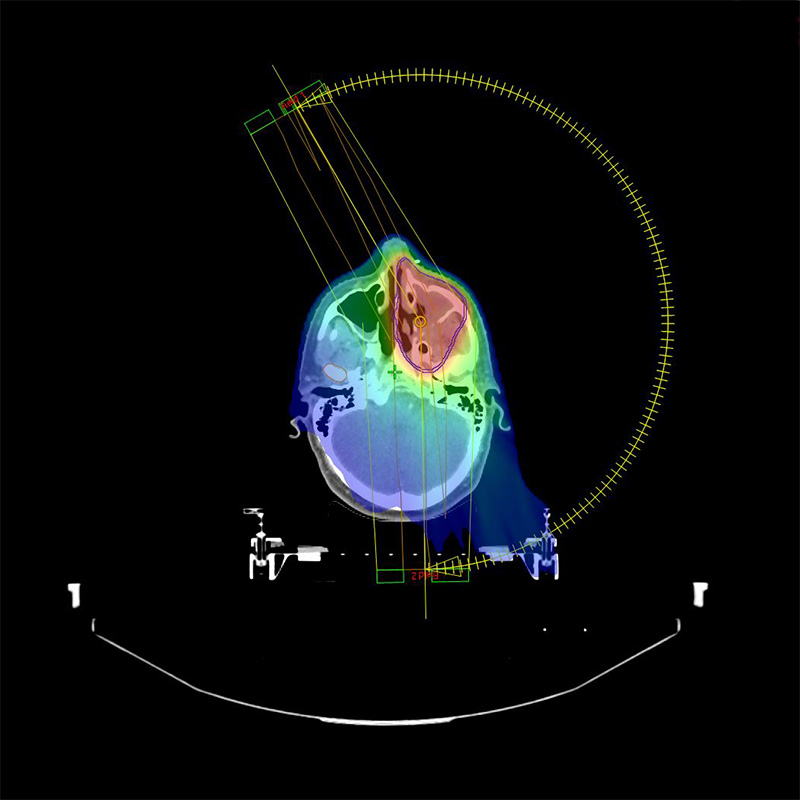
Centre for Research and Training in Radiation Oncology
The Centre is the first of its kind. With the support of industry partners and collaborators, the centre delivers education, research and training to domestic and international clinicians and students.

Centre for Women's Health Research
The Centre for Women's Health Research brings together academics and clinicians working in women’s health research and consumers with a passion for women’s health to research the factors that affect the health and wellbeing of women across the life course.
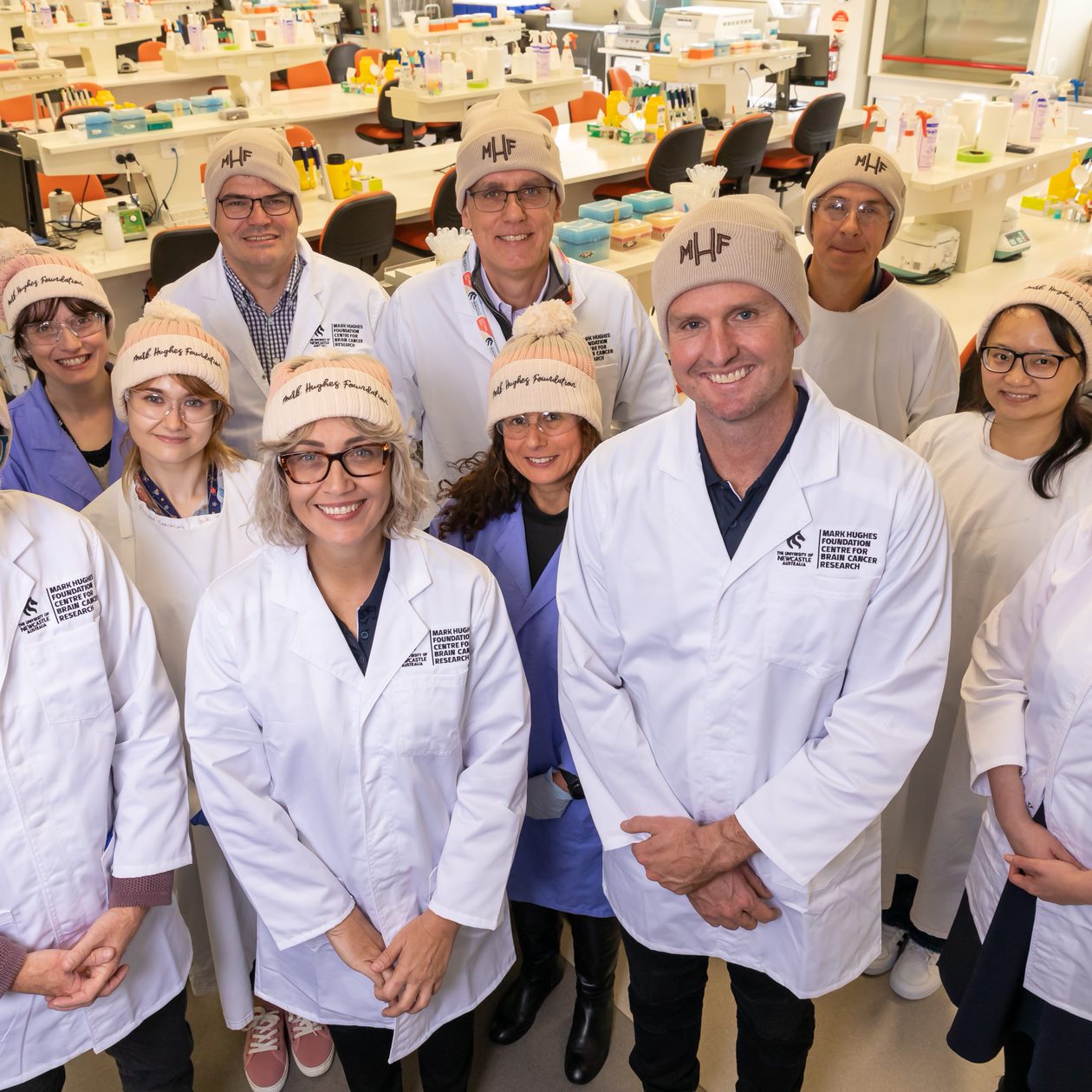
Mark Hughes Foundation Centre for Brain Cancer Research
The Mark Hughes Foundation Centre for Brain Cancer Research is committed to finding a cure and improving the lives of those affected by brain cancer. We aim to advance brain cancer research and achieve the greatest impact for brain cancer patients and their families.
Research centres
National Health and Medical Research Council (NHMRC) centres and programs

Centre of Research Excellence in Asthma Treatable Traits
The NHMRC Centre of Research Excellence in Asthma Treatable Traits (CREATT) aims to revolutionise the management of chronic airway diseases by testing and implementing a new paradigm for personalised medicine.
Building on outcomes of the Centre of Excellence in Severe Asthma and its ground-breaking toolkit, CREATT is a consortium of world-renowned clinicians, researchers and respiratory organisations who are generating new knowledge to support the treatable traits approach and ensure translation into practice.
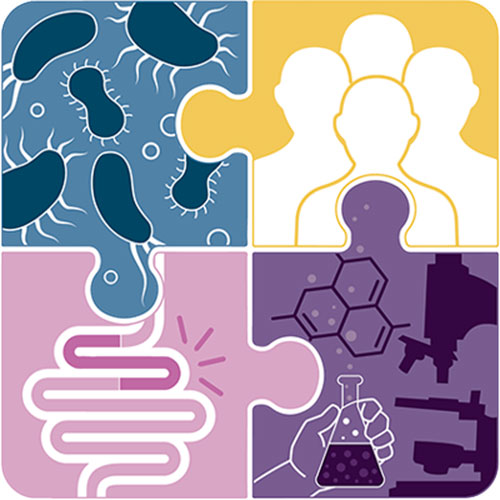
Centre of Research in Digestive Health
The NHMRC Centre for Research Excellence in Digestive Health aims to improve quality of life for patients with unexplained chronic gastrointestinal disorders. It brings together clinical researchers from universities, hospitals and research institutions across Australia and beyond.
The centre supports research, training, multidisciplinary collaboration, and translation of findings to enhance our understanding, identification and management of chronic digestive diseases.
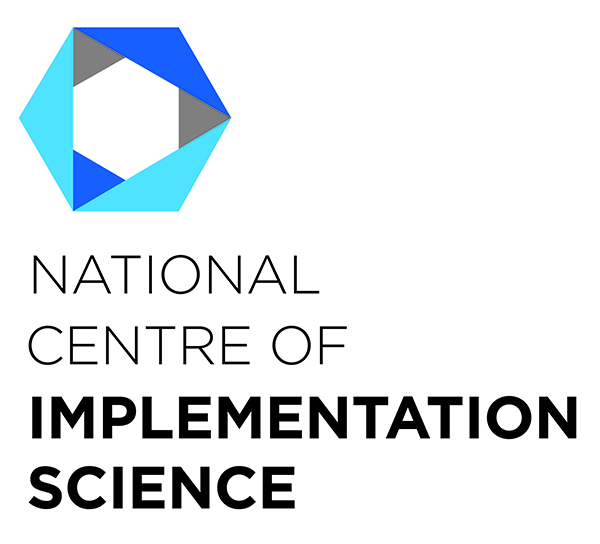
National Centre of Implementation Science
The centre brings together a multi-disciplinary team of emerging and established researchers to generate evidence that helps fast-track the adoption of interventions for chronic disease prevention.
Partner organisations for this NHMRC Centre for Research Excellence include the University of Sydney, Ottawa Hospital Research Institute, Monash University, Central Queensland University and Neuroscience Research Australia.
The University of Newcastle acknowledges the traditional custodians of the lands within our footprint areas: Awabakal, Darkinjung, Biripai, Worimi, Wonnarua, and Eora Nations. We also pay respect to the wisdom of our Elders past and present.

